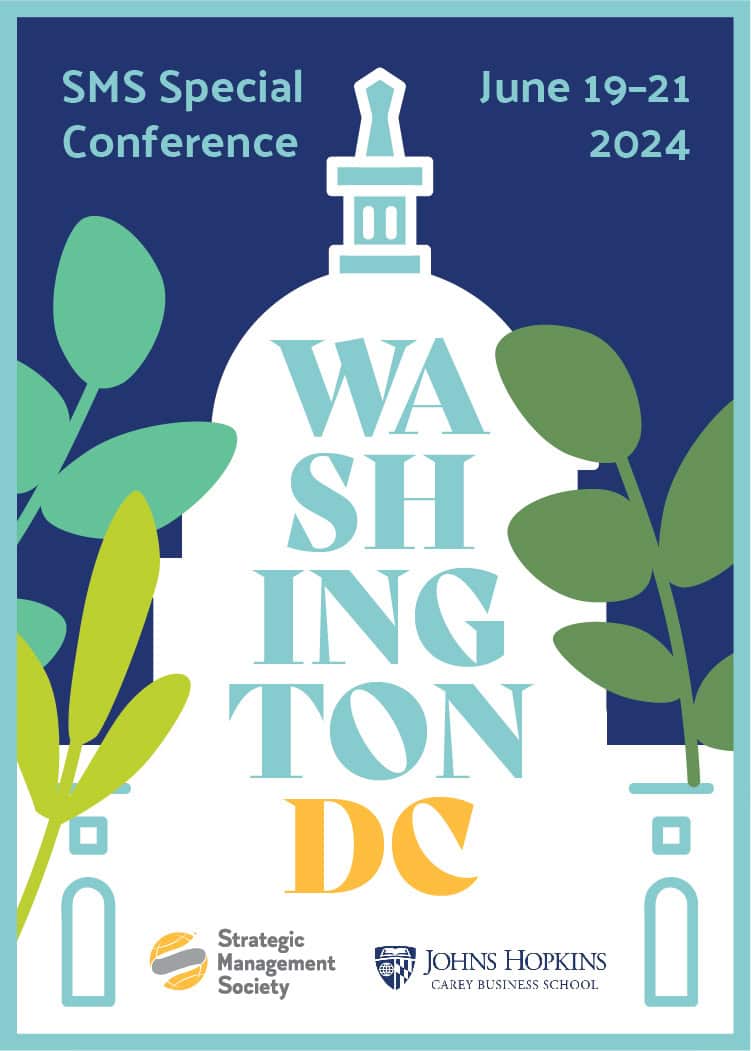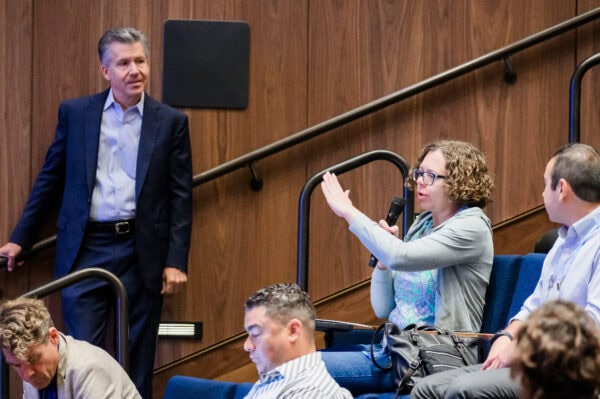In this track, we explore the role that educational institutions play in sustainable human development. In particular, we consider how opportunities to obtain a quality education (UN SDG #4 Quality Education) influence subsequent business opportunities in ways that may or may not be considered equitable and, therefore, influence the attainment of other UN SDGs (e.g., #5 Gender Equality, #10 Reduced Inequalities).
Our goal is to foster discussion of the role of educational institutions and businesses in fostering “equitable opportunities” – situations where access to education and its subsequent benefits are governed neither by differential treatment (i.e., unequal treatment à unequal outcome) nor disparate impact (i.e., equal treatment à unequal outcome). We encourage submissions that engage with diverse notions of equity (e.g., fairness and justice)
Given the signaling value of an education, educational institutions govern access to employment opportunities (e.g., credentialing, hiring, promotion, retention). But, strategic management research also considers how prior educational experiences influences individual and firm access to capital, entrepreneurial opportunities, inter-firm relationships, and other business outcomes. We, therefore, welcome submissions that consider how access to education – and variation in the quality of education – governs a wide range of business-related phenomena.
A few important observations motivate our call for submissions. First, educational access, quality, and outcomes vary significantly worldwide, with pronounced disparities and challenges exacerbated by both global and regional events. Second, the UN reports that COVID-19 has reversed 20 years of education gains in terms of basic elementary school proficiency. Third, the recent U.S. Supreme Court decision on affirmative action policies has disrupted policies that have long governed access to higher education in the U.S. Many observers are reasonably concerned about equitable opportunities to obtain higher education. Fourth, many expect those that challenged university and college admission policies to also challenge organizational practices designed to promote equity in employment opportunities.
We encourage researchers from all fields who are studying issues of diversity, equity, and inclusion in access to education, employment, and other business opportunities to submit their research to this track. In addition to mainstream strategy researchers, we are especially receptive to submissions from researchers who do not typically identify as such. Our hope is to foster multi-disciplinary dialogue and inter-disciplinary collaborations focused on equitable opportunities in higher education institutions, the private sector, and public policy.
We recognize that faculty, administration, and leadership of business schools can play a significant role in raising awareness and generating new thinking around education. We consequently intend to examine our assumptions, pedagogy, and curriculum to explore practices, research, and ideas for teaching topics situated at the intersection of strategic management and equitable opportunity. We believe that this educational focus will be of interest to teachers/scholars – as well as business, government, and nonprofit leaders – as we reflect on our roles in sustainable human development practices and research.
We invite submissions from academics, researchers, educators, policymakers, business leaders, and professionals interested in the transformation of educational institutions and their contribution to global equity. This track encourages multidisciplinary perspectives and welcomes both theoretical and empirical contributions.
Key words:
Education; Investment in Human Capital; Opportunity; Equity; Affirmative Action
Key areas and guiding questions:
- Access and Equity: Examining disparities in educational access and opportunities, and practices to promote equitable access at all levels of education.
- How can institutions navigate legal and regulatory environments to ensure equitable access to education?
- How can educational institutions bridge the gap in access to quality education, particularly in underserved communities and regions?
- What are the most salient economic, geographic, political, or social barriers to accessing high quality education that govern business opportunities?
- Education Quality and Equity: Exploring innovations and best practices to provide quality education for all.
-
- What innovative approaches and technologies can be employed to enhance the quality of education and improve learning outcomes?
- What are the implications of COVID-19 for future educational strategies, and recovery efforts?
- What are the best policies and practices to address the evolving needs of learners in a rapidly changing world?
- Diversity, Equity, and Inclusion: Addressing issues of diversity and inclusion in educational institutions and their role in fostering equitable learning environments.
- How can educational institutions create inclusive environments that foster diversity and equity in learning?
- What can employers learn from the DEI practices and policies of higher education institutions?
- Employer Practices: Considering how employer reliance on educational credentials, campus recruiting, alumni networks, etc. shapes business opportunities and socioeconomic mobility.
- What common employer practices related to education present opportunities for some but constraints for others?
- What performance-enhancing policies and practices contribute to societal inequality in ways that many perceive as inequitable (e.g., unpaid internships, trial employment)?







